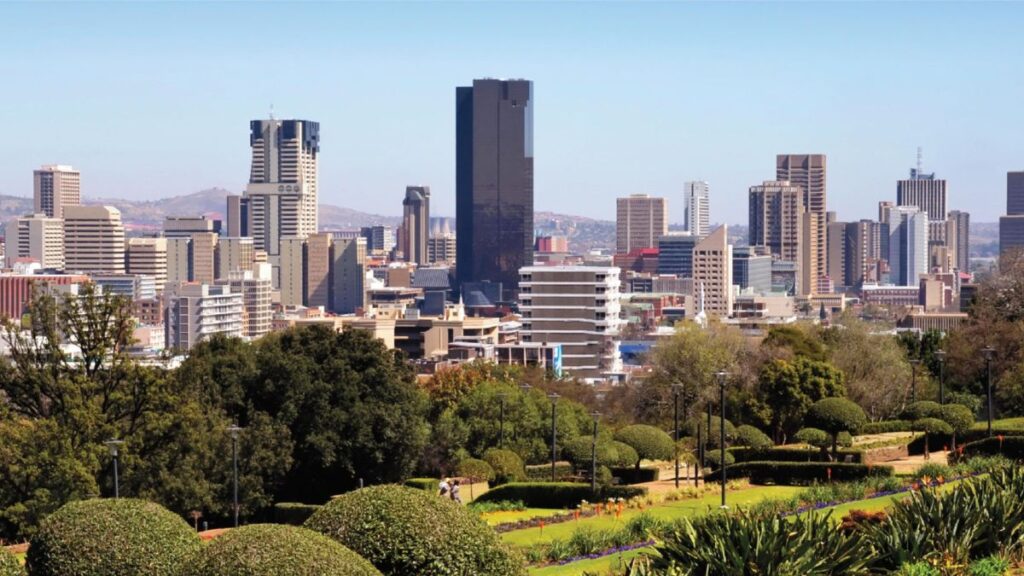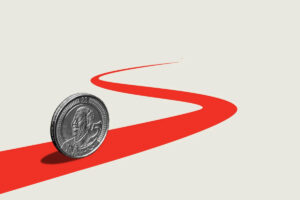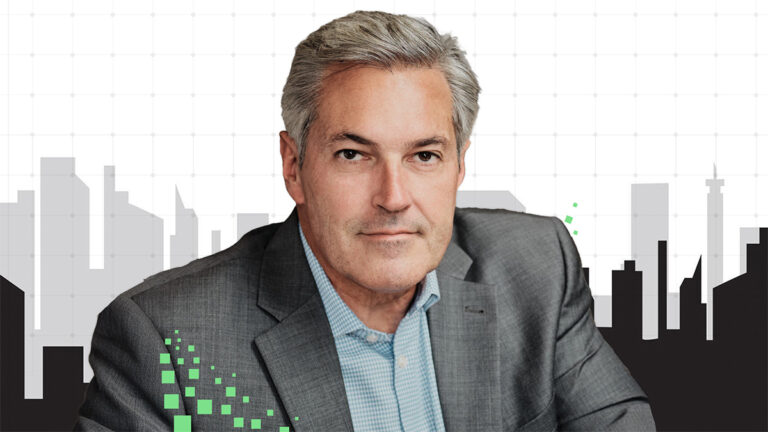Double tax warning for homeowners in one of South Africa’s largest cities

Homeowners in the City of Tshwane face a newly proposed levy that critics say amounts to double taxation.
The municipality’s plan to introduce a “City Cleansing Levy” as part of its draft budget for the 2025/2026 financial year.
This new levy is expected to bring in over half a billion rand, but it will come at a steep cost to residents already struggling with high municipal bills.
The levy is aimed at properties valued above R250,000 that do not have an existing municipal waste account and instead use private waste collection services.
It also targets all vacant properties larger than 150,000 square metres. If implemented, households would pay R185 per month, while open stands would attract a charge of R194.37.
However, civil rights organisation AfriForum is sounding the alarm, warning that the levy is not only unfair but may also be illegal.
The group argues that the metro is attempting to extract more money from already overburdened residents by charging them twice for waste services.
This is because households using private providers will have to pay the proposed levy, even if they do not use city waste services.
AfriForum’s Advisor for Local Government Affairs, Deidré Steffens, said the proposal directly contradicts Section 74(2) of the Municipal Systems Act.
This section of the Act stipulates that municipal service charges must be proportional to actual service usage.
“A levy on properties, regardless of the use of a certain service, as planned here, is contrary to this section of the law,” Steffens explained.
“This levy is a clear attempt by the Metro to boost its revenue at the expense of overburdened residents.”
The Democratic Alliance (DA) has also criticised the proposed new city cleansing levy, agreeing with AfriForum that it is another tax on the city’s already overburdened residents.
“This is another tax attack on overburdened consumers at a time when property rates will already be higher because of a new valuation roll.”
There are other ways to raise revenue

AfriForum has submitted formal objections and detailed proposals to the Metro as part of the public participation process.
In its written comments, AfriForum recommends several alternative revenue-boosting measures that would not increase residents’ financial burdens.
These include improving property tax collection in accordance with the Municipal Finance Management Act and repairing broken weighbridges at landfill sites to ensure more accurate load measurements.
The civil society group also said that cracking down on illegal dumping and addressing widespread mismanagement at sites like Bronkhorstspruit and Soshanguve would save money.
They also urge the City to revamp its waste removal model and prioritise transparency and better financial management over imposing new charges.
AfriForum’s District Coordinator for Pretoria South, Arno Roodt, stressed the importance of internal reforms instead of punitive levies.
“There are several alternative ways in which the Metro can increase its revenue without imposing further taxes on residents,” he said.
Despite submitting these suggestions and raising concerns in a previous letter to the City earlier this month, Roodt said the Metro has yet to respond.
This continued silence has raised red flags about the integrity of the public participation process and whether residents’ voices will be heard at all.
“Their absolute silence raises serious questions about whether residents’ inputs and objections regarding this unfair proposed levy are being taken seriously,” said Roodt.
“However, AfriForum is committed to holding the Metro to account and protecting residents against exploitative financial practices.”




















